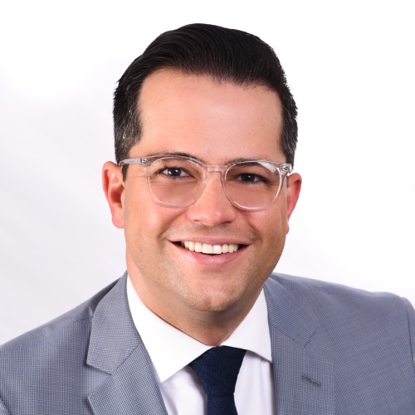Avoiding Trust Disputes: The Importance of Openness & Transparency
Trusts are valuable tools for estate planning, designed to protect and distribute assets according to your wishes. However, disputes among beneficiaries can arise if there’s a lack of transparency or communication from trustees.
Benefits of Openness & Transparency in Trust Administration
While trusts are often established with the intention of avoiding the complexities of probate, the trust administration process can itself be a source of contention. Various factors can contribute to disputes among beneficiaries and trustees, leading to costly and time-consuming litigation.
Disputes can arise over trust interpretations, challenges to the validity of the trust, or conflicts among beneficiaries over their interests or the trustee’s actions. Openness and transparency can help you avoid such disputes by helping to do the following:
- Building trust and confidence. Open communication and transparency foster trust among beneficiaries, ensuring they understand the trustee’s decisions and actions. This transparency can help prevent misunderstandings and mitigate potential disputes over trust management.
- Clarify expectations. Clearly outlining the terms of the trust and keeping beneficiaries informed about trust operations help manage expectations. When beneficiaries have a clear understanding of their rights and the trustee’s responsibilities, they are less likely to question decisions or feel excluded from the process.
- Preventing legal challenges. Disputes over trusts often arise when beneficiaries perceive secrecy or lack of information regarding trust administration. By proactively providing regular updates and financial reports, trustees can reduce the likelihood of beneficiaries seeking legal recourse to challenge trust decisions.
Strategies for Promoting Openness & Transparency
In working to avoid trust disputes, trustees can employ the following strategies:
- Regularly communicate. Maintain open lines of communication with beneficiaries, providing updates on trust activities, financial performance, and any significant decisions or changes.
- Keep detailed accounting records. Trustees should keep accurate records and provide detailed accountings of trust transactions, income, expenses, and distributions. This transparency demonstrates accountability and helps ensure compliance with fiduciary duties.
- Take time to educate and explain. Educate beneficiaries about the trust’s purpose, terms, and distribution plans. If you understand an aspect of the process, explain complex legal or financial concepts to others. By offering an explanation, you can show your willingness to be open. Be sure to use clear language with respect to transparency.
How to Address Trust Disputes
If a disagreement does arise, you can take the following action:
- Engage in mediation and conflict resolution. If disputes or disagreements arise among beneficiaries or between beneficiaries and the trustee, consider mediation as a proactive method to resolve issues amicably. Mediation encourages constructive dialogue and can help preserve family relationships.
- Seek legal counsel. Consult with an experienced trust attorney to ensure compliance with trust laws and best practices for administration. Legal guidance can help trustees navigate complex situations and anticipate potential issues before they escalate into disputes.
Honest & Reliable Trust Administration Attorneys
At OC Trial Group, our dedicated team of trust and estate attorneys is committed to promoting openness and transparency in trust administration. We provide strategic advice and legal representation to trustees and beneficiaries alike, and we can work to conduct trust operations with integrity and adherence to legal standards.
Whether you need assistance with trust administration, resolving disputes, or updating your estate plan and trust, our knowledgeable attorneys are here to help you. Your peace of mind and the successful management of your trust are our priorities.
Contact us today to schedule a consultation or request more information.

